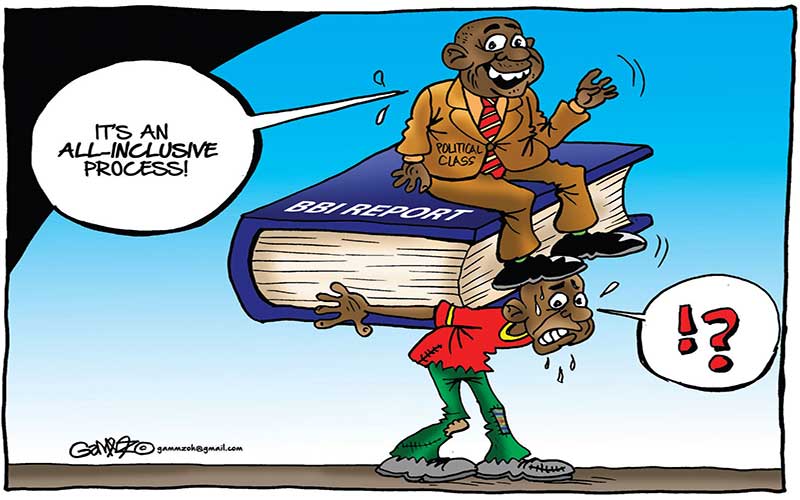×
The Standard e-Paper
Stay Informed, Even Offline

There is a famous saying that a rising tide lifts all boats. As a country, Kenya is diplomatically and economically on the up. We have indeed become the diplomatic focal point of East Africa, the gateway for Africa. President Uhuru Kenyatta is the first African name on dignitaries list for major meetings of world powers. We are the positive target of trade deals and a tourism hub. We are a genuine source of diplomatic pride for our continent.